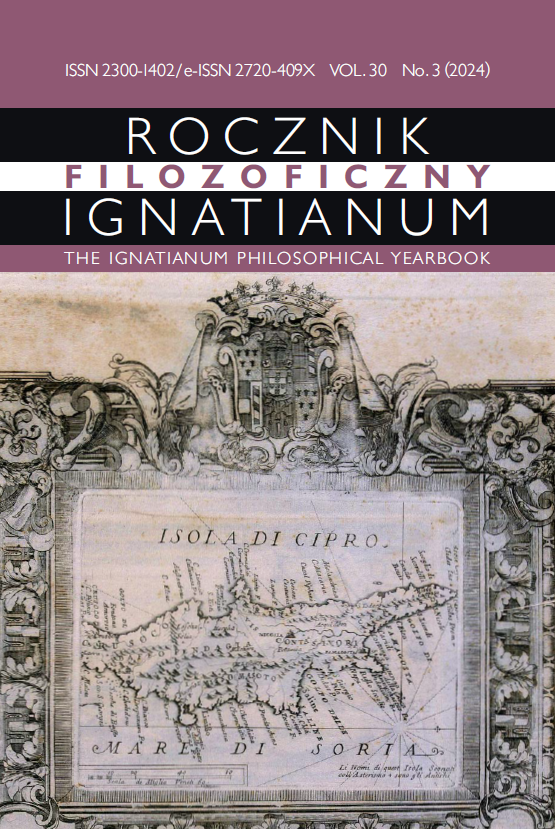The Kingdom of Chosŏn and its People on the Route of the Voyage of the Frigate Pallada (1852–1854) in the Account of Ivan Goncharov in the Light of the Early Russo-Korean Contacts
Abstract
In 1854, the Russian crew of the frigate Pallada had multiple encounters with the inhabitants of the Kingdom of Chosŏn on Kŏmundo Island and in several locations along the entire eastern coast of the country. This was the first and the most significant Russo-Korean meeting on the sea route, as previous contacts between representatives of the two civilizations were on land routes, during the battles for Albazino, and through the Orthodox mission in Beijing. The aim of this article is to analyze these encounters based on the account of Ivan Goncharov, contained in his work „The Frigate Pallada” (1852) set within a broader political and cultural context that includes both the history of early Russo-Korean contacts in the 17th and 18th centuries and the maritime rivalry of Western powers in North-East Asia during the Opium Wars, the Taiping Rebellion and the Crimean War. The significance of this exchange is also evidenced by the fact that references to it were recorded in Korean sources, particularly in the „Diaries of the Royal Secretariat” (Sŭngjŏngwŏn ilgi) and the „Annals of the Chosŏn Dynasty” (Chosŏn wangjo sillok).
Copyright (c) 2024 Ignatianum University in Cracow

This work is licensed under a Creative Commons Attribution-NoDerivatives 4.0 International License.
The Yearbook only accepts materials for publication that are free of all conflicts of interest, and that in no way involve conflicts over authorship, copyright, etc. The Editors will take action against any cases of plagiarizing, ghostwriting1, guest/honorary authorship2, etc. Where co-authored work is concerned, the Author listed first is expected to take responsibility for the submission, and is required to make clear the contributions of all of the Co-Authors involved. In the event of the publication owing its existence to funding dedicated to this purpose, this fact should be made clear: e.g. in any note of thanks/acknowledgement, or in a footnote, etc. Explicit notification should be given of any form of reprinting, with the appropriate evidence of permission to publish being furnished as required. Any impropriety on the part of Authors/Reviewers risks exposing them to appropriate responses from the relevant institutions.
______
1 This term refers to instances of a person who has made an essential contribution being omitted from the list of authors, or from notes conveying gratitude and/or acknowledgement.
2 This occurs when a person who has made either an insignificant contribution or no contribution at all nevertheless appears on the list of authors.





